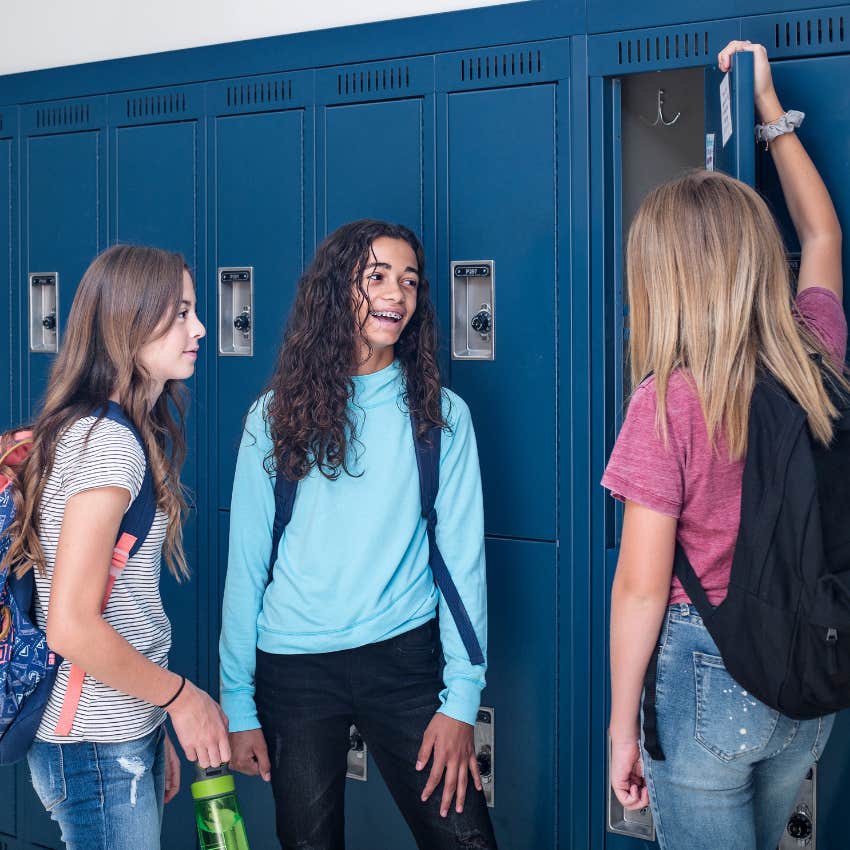The Real Reason Mean Girls Thrive In Some Schools, According To Research
Science explains why the Plastics always end up ruling the school.
 Yan Kolesnyk | Unsplash
Yan Kolesnyk | Unsplash If there's one thing to be said for high school, it's that it can be torture. Not only are you in that in-between phase of no longer being a kid, yet not quite an adult, but you also have to deal with the social politics of it all.
There's no greater pain in the world than the hierarchy of high school cliques, unless, of course, you're in the group that rules the school. However, scientists have figured out why cliques exist, and in doing so, can perhaps put an end to them.
Although, honestly, does anyone really want a high school experience that doesn't involve their very own Regina George? The jury is still out on that.
The real reason mean girls thrive in some schools, according to research
A study out of Stanford University has found that a big contributor to cliques is the more choices the students are offered. More choices usually mean a bigger school, and with that, a bigger pool of people from which to choose.
Having so many options creates an environment more likely to naturally segregate itself into cliques or "rank," based on "race, age, gender, and social status."
 Brocreative / Shutterstock
Brocreative / Shutterstock
A smaller school, on the other hand, without so many options, is less likely to break itself into groups because of the potential "cost" of excluding someone from the group. But the reason these cliques are originally formed is that, according to lead author Daniel A. McFarland, it is due to a "mixture of freedom and uncertainty."
In other words, we stick with what we know best. Although school size does play a big role in the formation of cliques, it's not the only one.
The study found that in schools where academia was front and foremost, students were less likely to self-segregate because teachers have more of a say in the environment than in a school that is laid back.
It's in these schools that students tend to be more open-minded in regard to whom they'll befriend, and these friendships are more often based on shared interests in intellectual realms.
So, does this mean that if you'd like your child's life to be completely void of high school drama and cliques, you should put them in a small, academic school? Not really, advises McFarland.
Whereas the large school may lead to more segregation, the smaller one is, in itself, already segregated from other schools, putting it immediately in its own clique. You may have gone to school with a Regina George, but do you want a Regina George for a kid?
Sure, that would make you Amy Poehler, but I imagine it would get exhausting trying to convince your daughter's equally snobby friends that you're a "cool mom." Takeaway? People, not just kids, breaking up into cliques to impose a hierarchy is just human nature. You can fight it, and try to rise above it, but in doing so, you then put yourself in your own group anyway.
You just can't win this one, and in the end, you're still not Amy Poehler. So, instead, accept that the jocks, the plastics, the freaks, the geeks, and the nerds are just an all-American high school staple, and be really happy that those days are far behind you.
Amanda Chatel has been a wellness and relationship journalist for over a decade. Her work has been featured in Glamour, Shape, Self, and other outlets.

